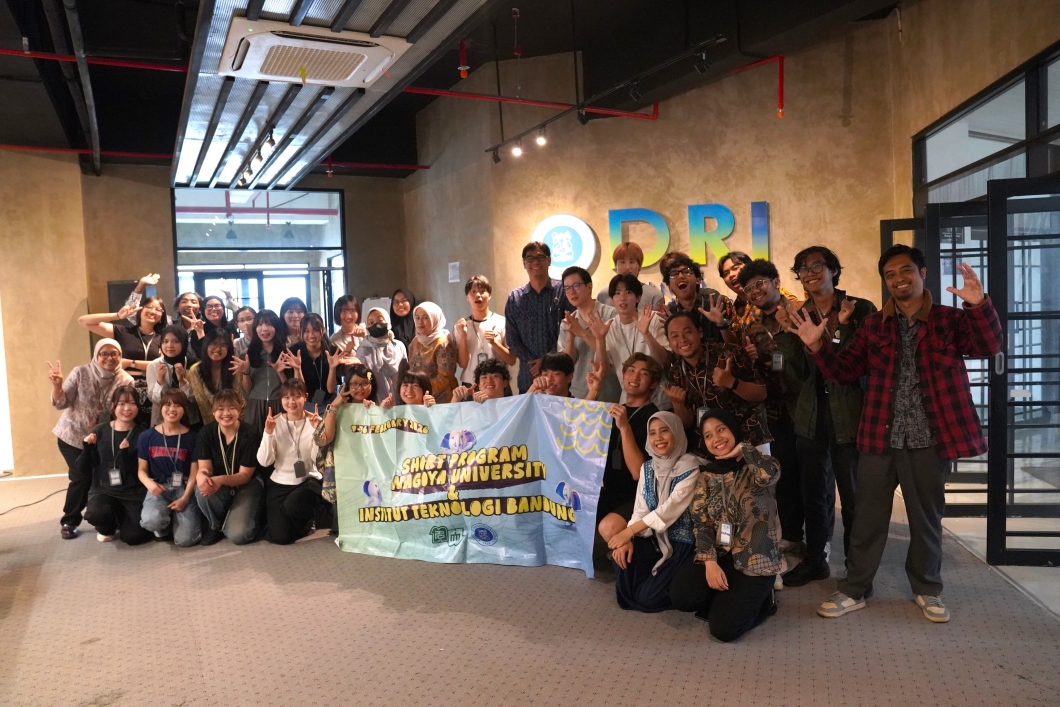Law as a Solution in Higher Education Activities
By Adi Permana
Editor Adi Permana

BANDUNG, itb.ac.id — Law is not an obstacle. In contrast, the law will always provide medicine and act as a solution. The Head of ITB Law Office, I Wayan Gunada, S.H., M.H, delivered this quote at the LPPM ITB Workshop Series Vol.3: Law as a Solution in Higher Education Activities, Wednesday (5/5/2021). This event was hosted by ITB School of Business and Management Lecturer Emilia Fitriana Dewi, S.H., M.A.B.
On this occasion, he explained the material about the role of law in organizations, especially for ITB as a state university with legal entity status. In the beginning, Wayan explained the general definition of law as a solution. Lex semper dabit remedium, which means that the law will always provide medicine. "The law is not an obstacle, but it must be a solution. Because the law is a tool to solve problems," he said.
Wayan explained that law has several functions in the organization, including reviewing the draft of administrative regulations, reviewing draft organizational contracts with external parties, providing legal consultation, and providing legal assistance and assistance. "A good legal person must be able to provide solutions for people who come to consult their legal problems firmly. Legal people must always be honest and independent," he said.
In organizations, the law also acts as a good reminder, providing solutions, guarding grounded regulations, and providing idealistic and realistic in-house lawyers. Regarding regulations, he said that good regulation is a regulation that is really needed and can regulate its implementation properly, not something scary, and becomes a problem when implemented.
Wayan also explained three tools to guard law in ITB: hard level decision, compromise level decision, and flexible level decision. He described three types of P.T.N. legal status in Indonesia: P.T.N. Work Units, P.T.N. with Public Service Agency Financial Management Patterns, and P.T.N. Legal Entities. ITB itself has the status of a Legal Entity P.T.N., based on Government Regulation N0. 65 of 2013 concerning the ITB Statute.
As a legal entity P.T.N., ITB can compile various internal regulations in ITB internal regulations, including M.W.A. regulations, rectorate regulations, and academic senate regulations. However, quite many people still can't tell the difference between rules and decisions. "In short, regulations are legal norms, while decisions are not legal norms. Regulations serve as guidelines, while decisions are the effect of implementing regulations.
The types of decisions that exist in ITB include:
- Decisions of the M.W.A.
- Decisions of the academic senate.
- Decisions of the rector.
- Decisions of the dean.
- Decisions of heads of the organizational unit.
However, on the other hand, ITB also has several potential legal problems such as a lawsuit against the PTUN from employees or students who are dissatisfied with the decisions of ITB officials, civil suits over the implementation of cooperation contracts between ITB and external parties, and criminal charges for alleged criminal acts committed. by the ITB academic community.
At the end of this event, Wayan explained various tips to minimize legal problems. Various things to minimize legal issues include:
- Exercising authority without personal interest.
- Making strategic decisions collectively.
- Making occupational actions based on adequate statutory decisions.
- Taking legal opinions into consideration in making decisions.
Reporter: Yoel Enrico Meiliano (TPB FTI 2020)
Translator: Billy Akbar Prabowo (Metallurgical Engineering 2020)




.jpg)
.jpg)

